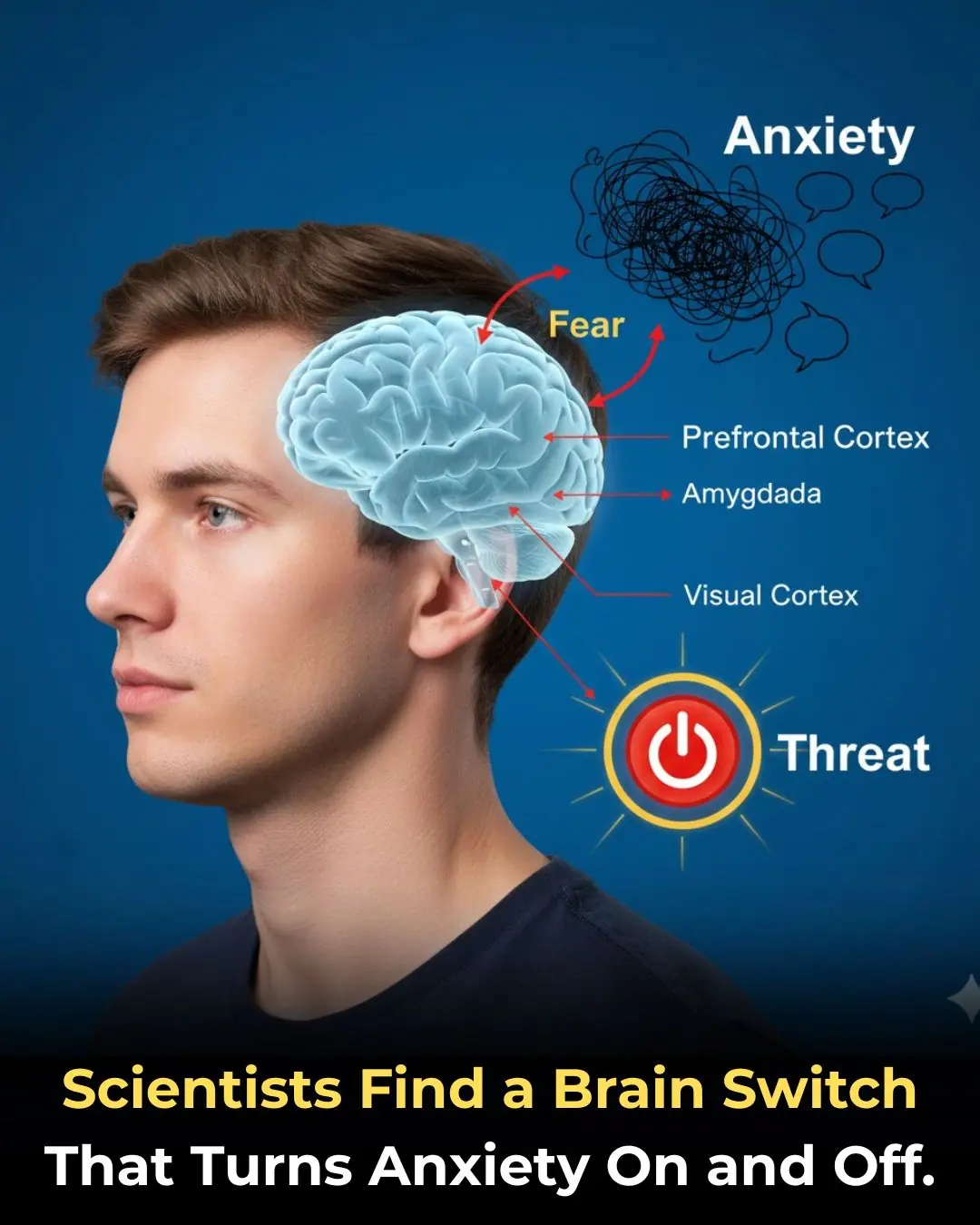
12 medications you should never mix with coffee
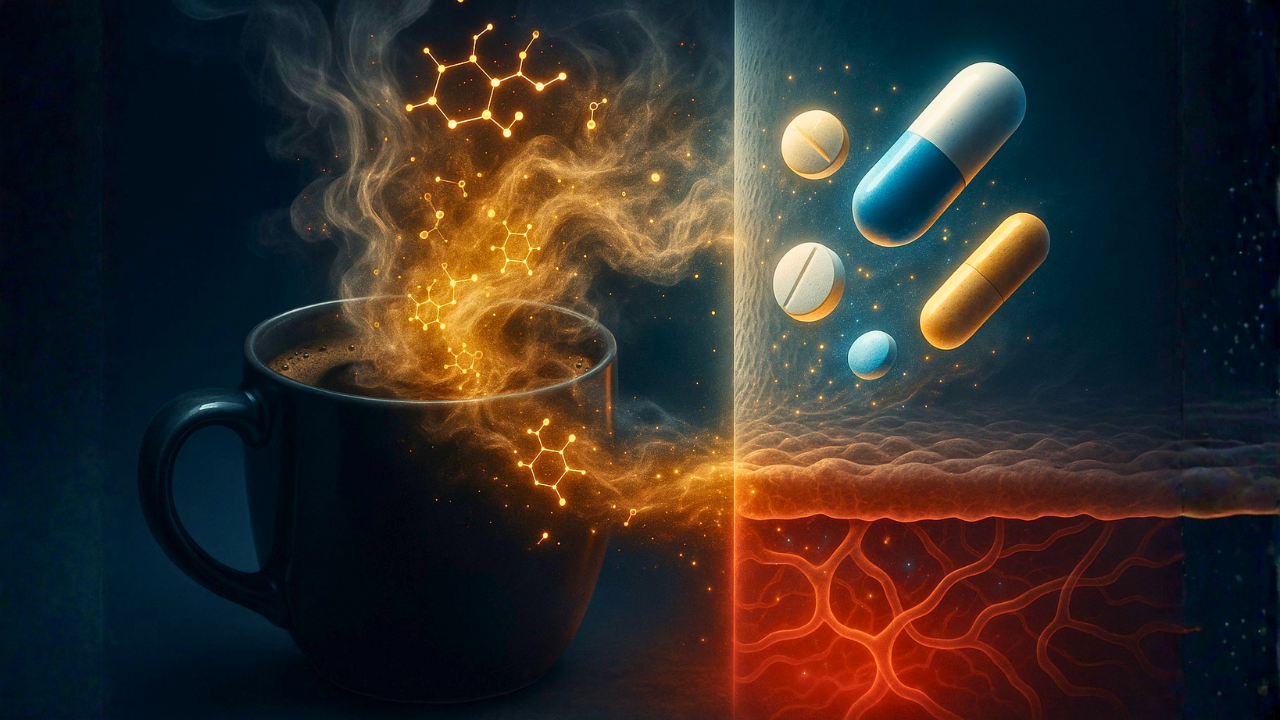
Do you start your day with a comforting cup of coffee and a set of daily medications? If so, it’s important to understand how these two morning habits might be interacting. Coffee may feel like a harmless ritual — a warm, energizing boost to jump-start your day — but biologically, it’s much more active than we often realize.
Caffeine, the primary stimulant in coffee, can significantly influence how your body absorbs, metabolizes, or responds to medications. In some cases, your morning brew may weaken a drug’s effectiveness. In others, it can amplify the medication’s impact — sometimes to dangerous levels.
Understanding these interactions isn’t about giving up coffee entirely. It’s about using it wisely so your medications work as intended — and your health stays protected.
Key Takeaways
-
Coffee can alter absorption and metabolism of many common medications.
-
Some interactions may reduce effectiveness, while others increase side effects such as anxiety, insomnia, palpitations, or bleeding risk.
-
When in doubt, spacing your medication and coffee by 30–60 minutes is often safer — but always consult your doctor.
Below, we break down the most important drug–coffee interactions and what you should do to stay safe.
1. Anticoagulants (Blood Thinners)
Blood thinners like warfarin (Jantoven) and heparin are essential for preventing clots. But caffeine can increase their concentration in the bloodstream, making them too effective.
Why it matters
Elevated levels of blood thinners significantly increase your risk of internal bleeding, bruising, and potentially life-threatening complications.
What to do
-
Discuss coffee intake with your doctor if you take warfarin.
-
Monitor for symptoms of excessive thinning (unusual bruising, bleeding gums).
2. Antidepressants
Coffee interacts differently depending on the type of antidepressant you take:
Medications affected
-
Amitriptyline
-
Fluvoxamine (Luvox)
-
Fluoxetine (Prozac)
-
Escitalopram (Lexapro)
-
Imipramine
-
Paroxetine (Paxil)
Why it matters
Caffeine can either enhance or reduce absorption. For example:
-
Luvox + coffee → significantly increases caffeine’s effects, leading to racing heart, insomnia, agitation, and anxiety.
-
Others may become less effective when taken too close to caffeine.
What to do
-
Avoid taking antidepressants at the same time as your morning coffee.
-
If you’re sensitive to caffeine, consider timing or switching to decaf.
3. Antipsychotics
Common antipsychotics such as aripiprazole (Abilify), prochlorperazine, haloperidol, and pimozide may be affected by coffee.
Why it matters
Caffeine can reduce how much of the medication your body absorbs — making the drug less effective at managing symptoms.
What to do
-
Space coffee at least 1–2 hours apart from your antipsychotic dose.
-
Avoid pairing them at the same meal or time of day.
4. Asthma Medications
Bronchodilators like theophylline and some inhalers share stimulant effects with caffeine.
Why it matters
Combining two stimulants can cause:
-
Restlessness
-
Headaches
-
Rapid heart rate
-
Nervousness
Caffeine may also reduce how much medication reaches your lungs.
What to do
-
Avoid drinking coffee close to your asthma medication.
-
Monitor for jitteriness or fast heartbeat.
5. Blood Pressure Medications
Beta-blockers such as propranolol (Inderal) and metoprolol (Lopressor) are especially affected.
Why it matters
Caffeine can counteract their effects, keeping your blood pressure and heart rate higher than intended.
What to do
-
Take blood pressure medications with water on an empty stomach.
-
Have coffee at a different time of day.
6. Cholinesterase Inhibitors (for Alzheimer’s & Dementia)
Medications like donepezil (Aricept) rely on steady absorption to support cognitive function.
Why it matters
Caffeine can decrease how much of the medication reaches the brain, making treatment less effective.
What to do
-
Avoid caffeine around medication time.
-
Discuss timing strategies with your neurologist.
7. Cold & Allergy Medications
Drugs containing pseudoephedrine (Sudafed) or antihistamines like fexofenadine (Allegra) can clash with caffeine.
Why it matters
Both are stimulants. Mixing them with coffee increases:
-
Jitteriness
-
Heart palpitations
-
Sleeplessness
-
Anxiety
What to do
-
Skip coffee when taking pseudoephedrine-based cold meds.
-
If using Allegra, avoid drinking coffee immediately after the dose — it may decrease absorption.
8. Diabetes Medications
Caffeine can raise blood sugar and insulin levels — even in people without diabetes.
Why it matters
For people taking insulin or oral diabetes medications, coffee can cause:
-
Unexpected blood sugar spikes
-
Less predictable glucose control
What to do
-
Monitor glucose after drinking coffee.
-
Discuss caffeine limits with your diabetes provider.
9. Methotrexate
Used for cancer, rheumatoid arthritis, and autoimmune conditions.
Why it matters
Caffeine slows down how the body clears methotrexate, increasing toxicity risk. Side effects such as nausea, fatigue, or mouth sores may worsen.
What to do
-
Limit caffeine while on methotrexate.
-
Ask your provider for personalized guidance.
10. Osteoporosis Medications
Common drugs:
-
Ibandronate (Boniva)
-
Risedronate (Actonel)
Why it matters
Caffeine dramatically reduces absorption. These medications already require strict timing to be effective.
What to do
-
Take with plain water only.
-
Wait 30–60 minutes before drinking coffee or eating.
11. Quinolone Antibiotics
Includes:
-
Ciprofloxacin (Cipro)
-
Levofloxacin
-
Ofloxacin
Why it matters
These antibiotics slow caffeine breakdown, intensifying side effects like:
-
Rapid heart rate
-
Anxiety
-
Sleeplessness
-
Tremors
What to do
-
Avoid caffeine entirely while on quinolone antibiotics.
12. Thyroid Medications
Especially levothyroxine (Synthroid).
Why it matters
Coffee can reduce absorption by up to 50%, dramatically weakening treatment.
What to do
-
Take levothyroxine first thing in the morning on an empty stomach.
-
Wait 30–60 minutes before drinking coffee.
Who Should Avoid Coffee Altogether?
Even without medications, some groups should limit or avoid caffeine:
-
Children & teens: Higher sensitivity → anxiety, sleep disruption.
-
Pregnant people: Limit to <200 mg/day due to miscarriage and preterm birth risks.
-
Individuals with anxiety disorders: Caffeine can worsen symptoms.
-
People with heart disease risk: Heavy intake (>6 cups/day) can elevate risk for some individuals.
Speaking With Your Healthcare Provider
If any of your medications appear on this list, speak with your doctor or pharmacist. They can help you determine whether you need to avoid coffee, adjust timing, or simply space your doses more carefully.
Never change your medication schedule without professional guidance.
Final Thoughts
Coffee isn’t just a drink — it’s chemistry. And while caffeine can be perfectly safe for most people, understanding how it interacts with your medications is essential for protecting your health.
A few simple timing adjustments can ensure you get the full benefit of both your medicine and your morning coffee. And when in doubt, asking your healthcare provider is always the wisest choice.
News in the same category


Don’t ignore your legs: the surprising early signs of pancreatic cancer
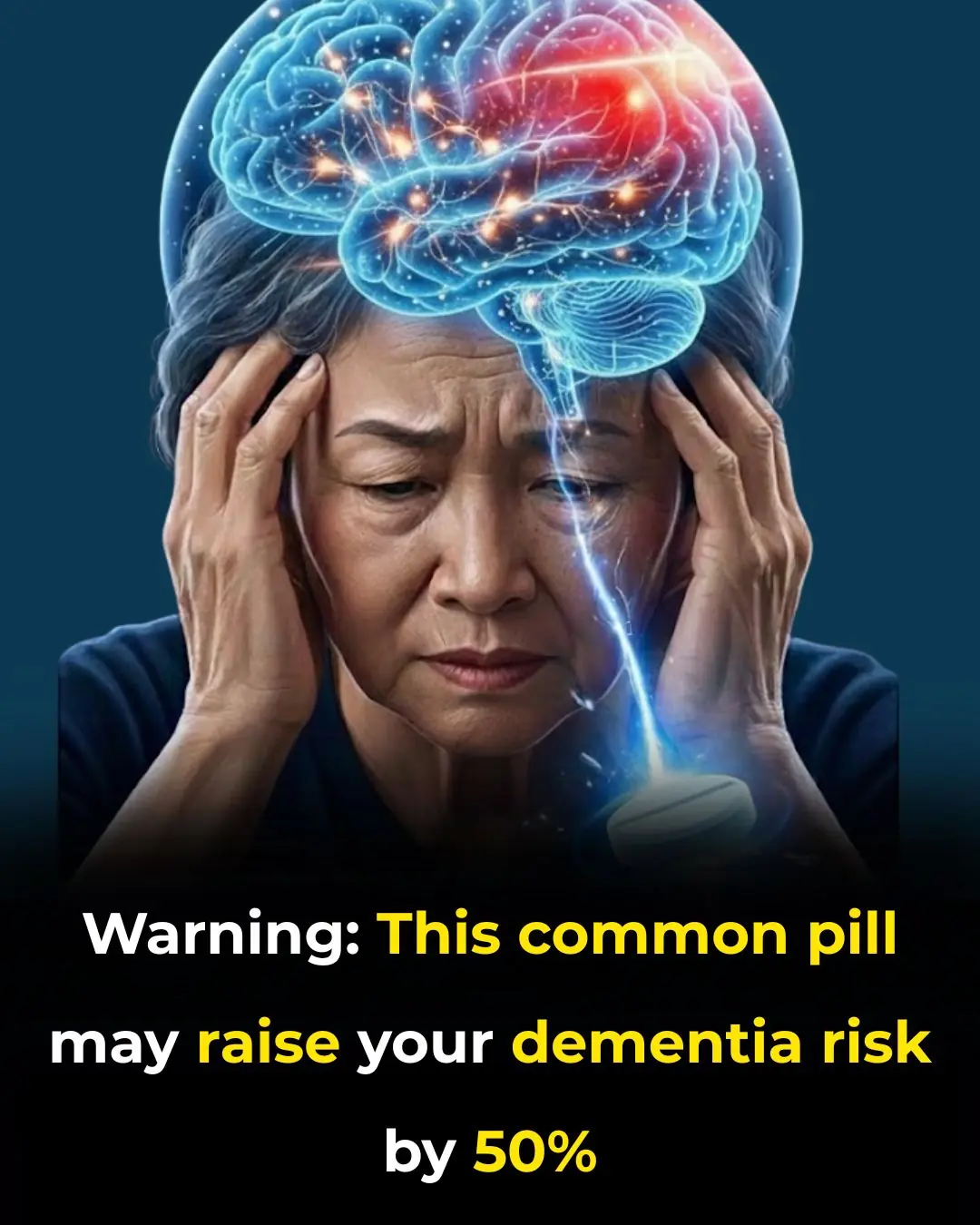
WARNING: This common pill causes dementia

This Is One Of The Most C.ancer-Causing Foods – Stop Eating It!

Improve Eyesight Naturally With Onion Tea: Benefits, Uses & How to Make It

Roll your feet daily—unlock rapid healing throughout your body!
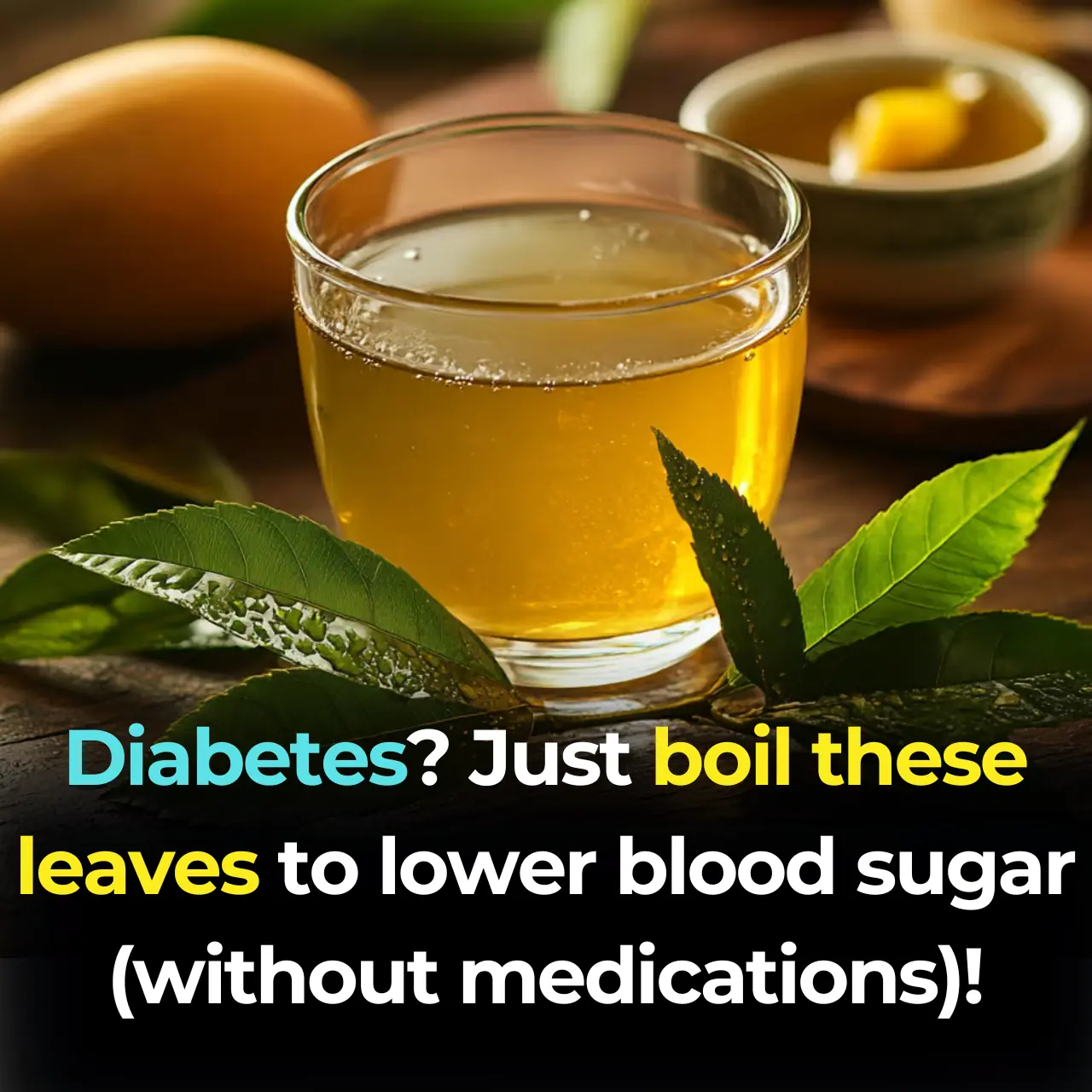
Diabetes? Just boil these leaves to lower blood sugar (without medications)!

How to Get Rid of Bad Breath (Halitosis): Scientifically Proven Home Remedies

One simple scoop a day can spark full-body healing — here’s what happens next

Losing Just 1 Gram of Fat In The Pancreas Will Have THIS Effect On Your Body

The best way to lower blood pressure fast!
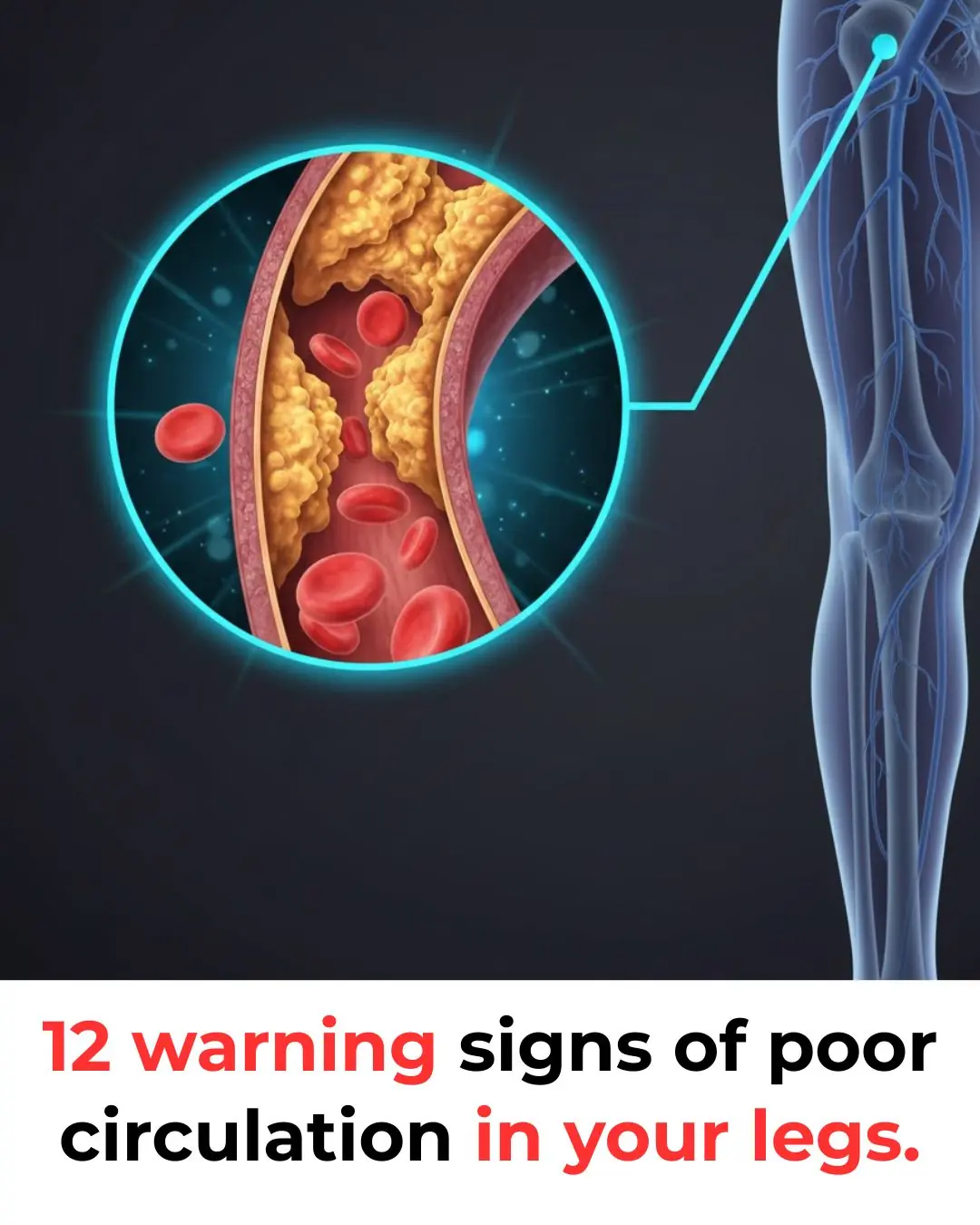
Top 12 Symptoms of Poor Blood Circulation in Legs
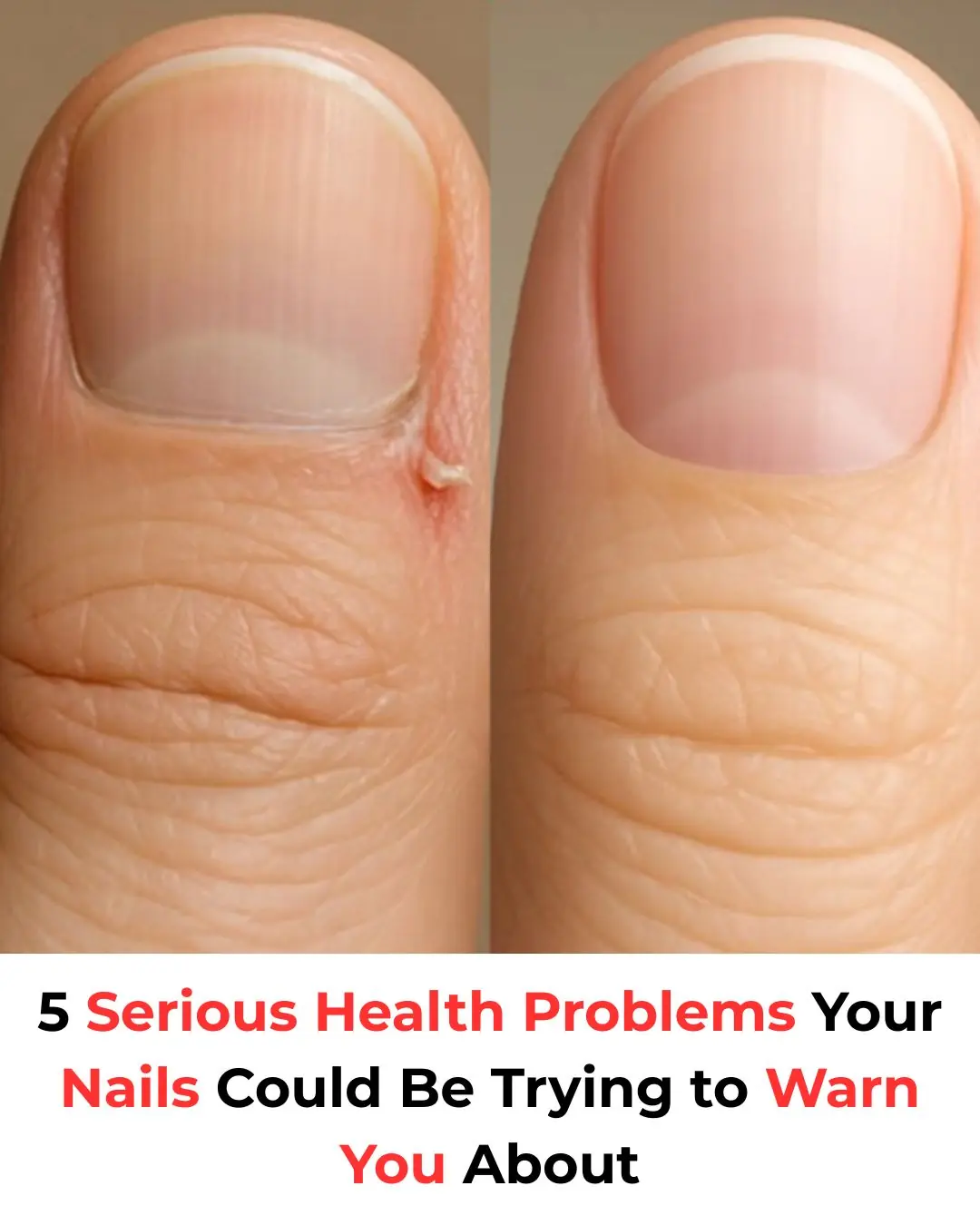
5 Serious Health Problems Your Nails Could Be Trying to Warn You About
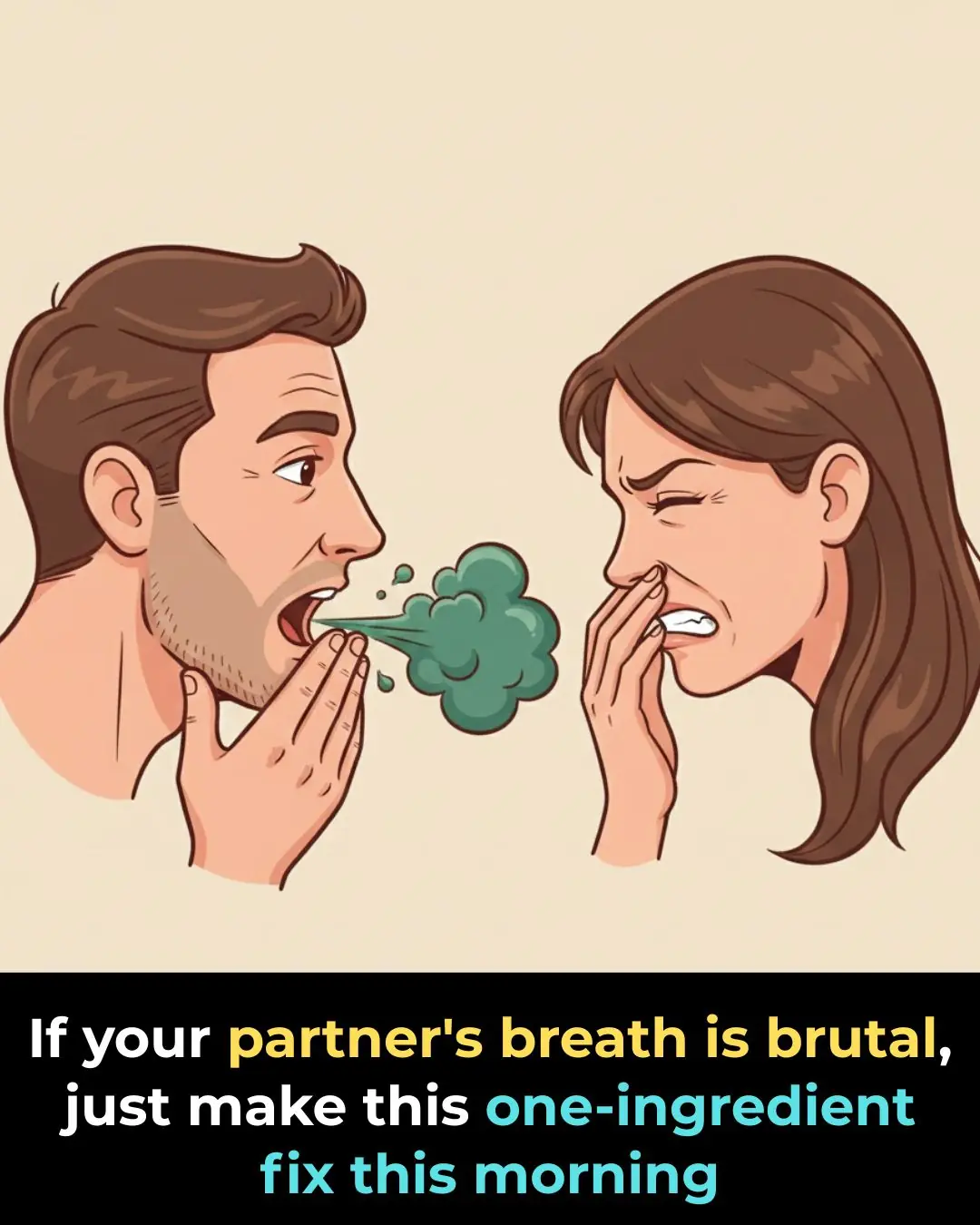
How to Get Rid of Bad Breath (Halitosis): Scientifically Proven Home Remedies

Got High Blood Pressure? Try This 2-Ingredient Tea!
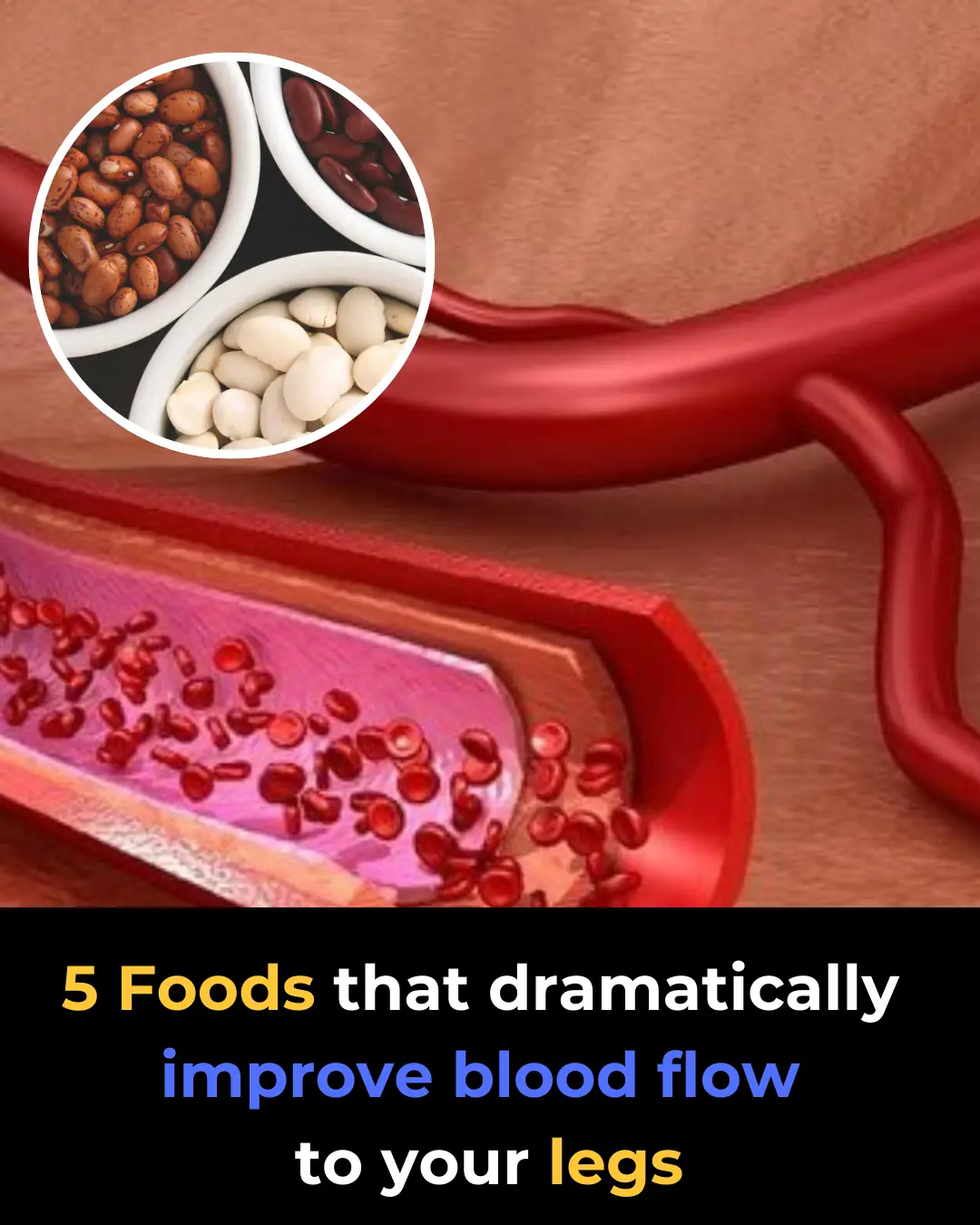
5 Foods That Dramatically Improve Blood Flow to Your Legs
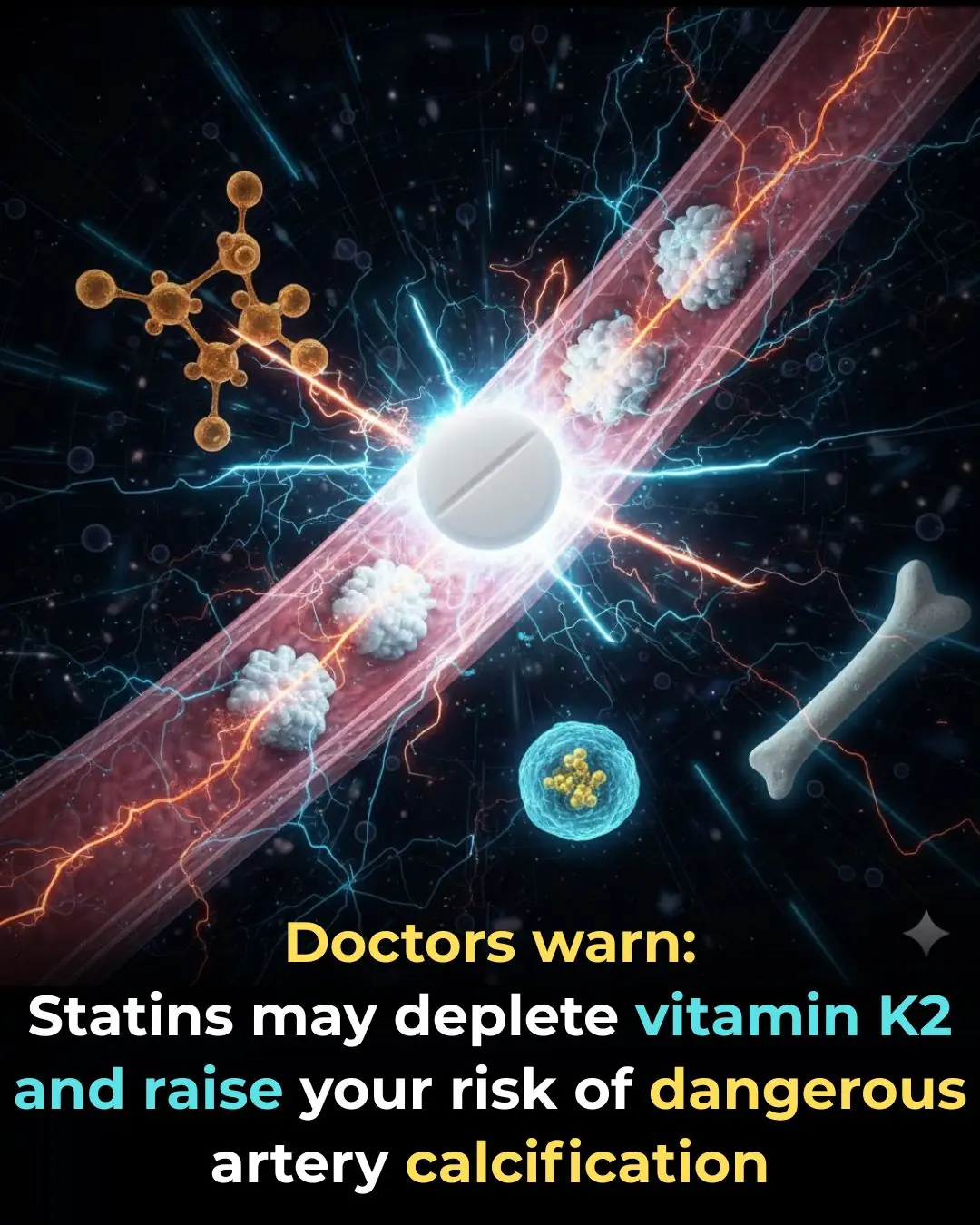
Doctors warn: Statins may deplete vitamin K₂ and raise your risk of dangerous artery calcification
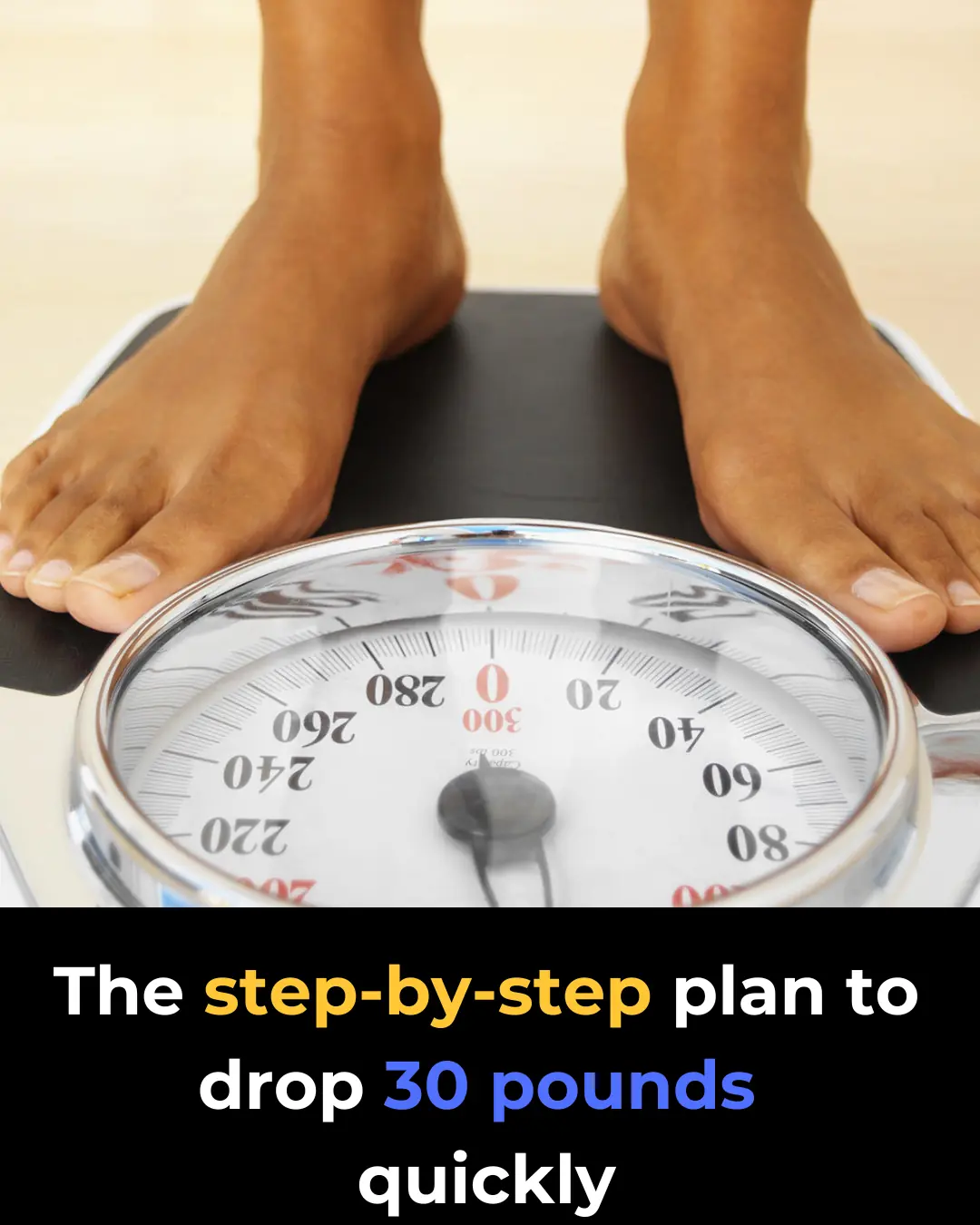
The step-by-step plan to drop 30 pounds quickly in 2025

7 Surprising Health Benefits of Cloves for Men
News Post
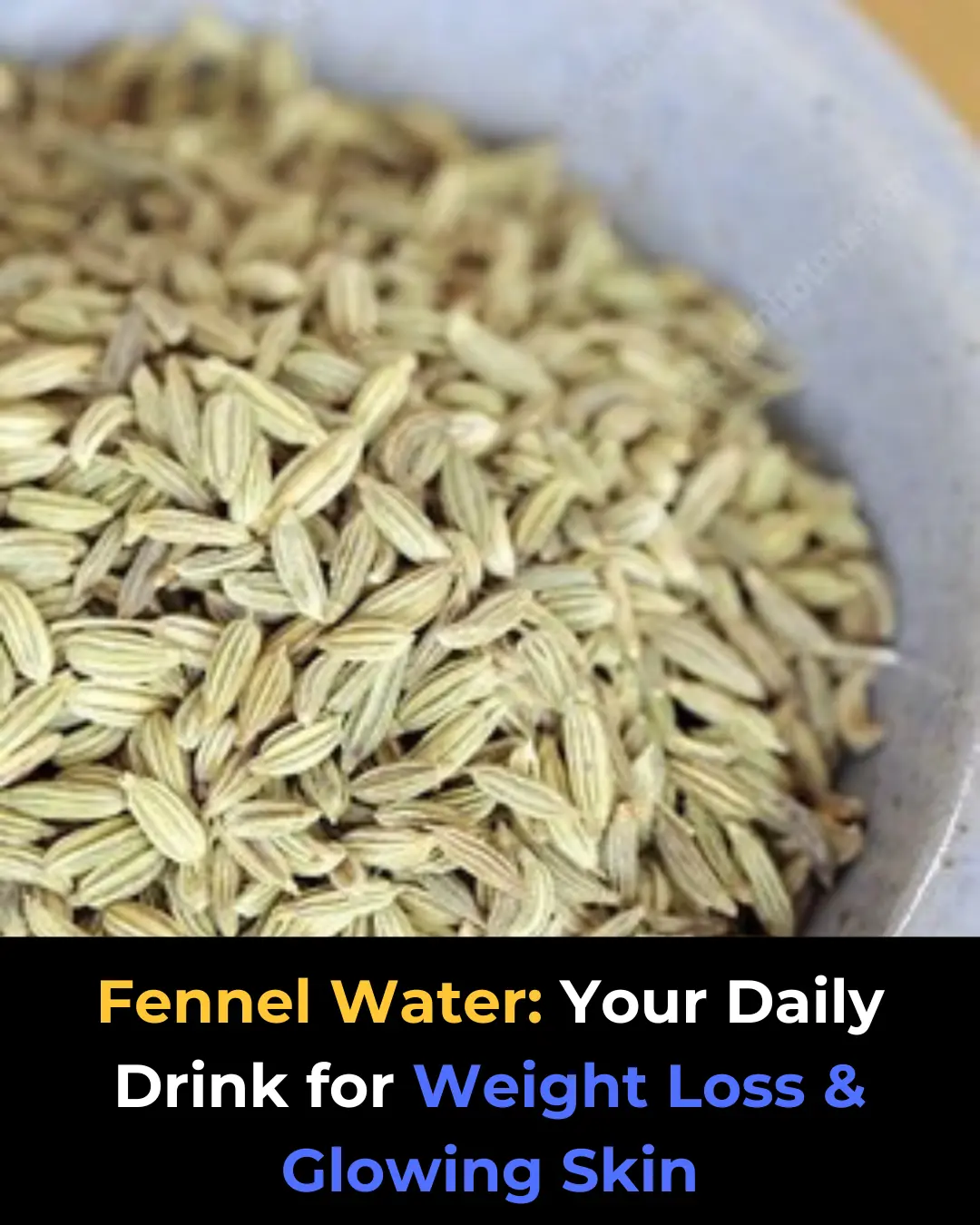
How to Make Fennel Seeds Water/Tea – Benefits of Fennel Seeds for Weight Loss & Health

Israel’s Innovative Smart Water Pipes: Revolutionizing Water Infrastructure and Renewable Energy Generation

Drink one cup daily of this juice to UNCLOG arteries?

Jorge the Loggerhead Turtle: A Story of Rehabilitation, Freedom, and Remarkable Resilience

Don’t ignore your legs: the surprising early signs of pancreatic cancer

Revolutionary Discovery: Reprogramming Cancer Cells to Restore Health and Transform Treatment

You’re doing it all wrong. Here’s the right way to organize fridge

Canadian Scientists Develop Mini Robot to Treat Kidney Stones Without Surgery

Juniper: 20 Remarkable Benefits and How to Use It

🚿 8 Bathroom Habits That Ruin Your Feeling of Freshness (And How to Fix Them)

Homemade Herbal Hair Oil – Adivasi Hair Oil

Rebuilding with Purpose: Japan’s Monumental Tsunami Wall and Living Forest Shield

Which Raw Food Would You Eat

WARNING: This common pill causes dementia

A Heartfelt Goodbye: Graduate’s Simple Thank-You Moves Security Guard to Tears

This Is One Of The Most C.ancer-Causing Foods – Stop Eating It!

Put aluminum foil under the pillow before going to bed what happens

💉 The Future of Cardiac Screening: New Blood Test Detects Hidden Heart Disease Years Before Symptoms
